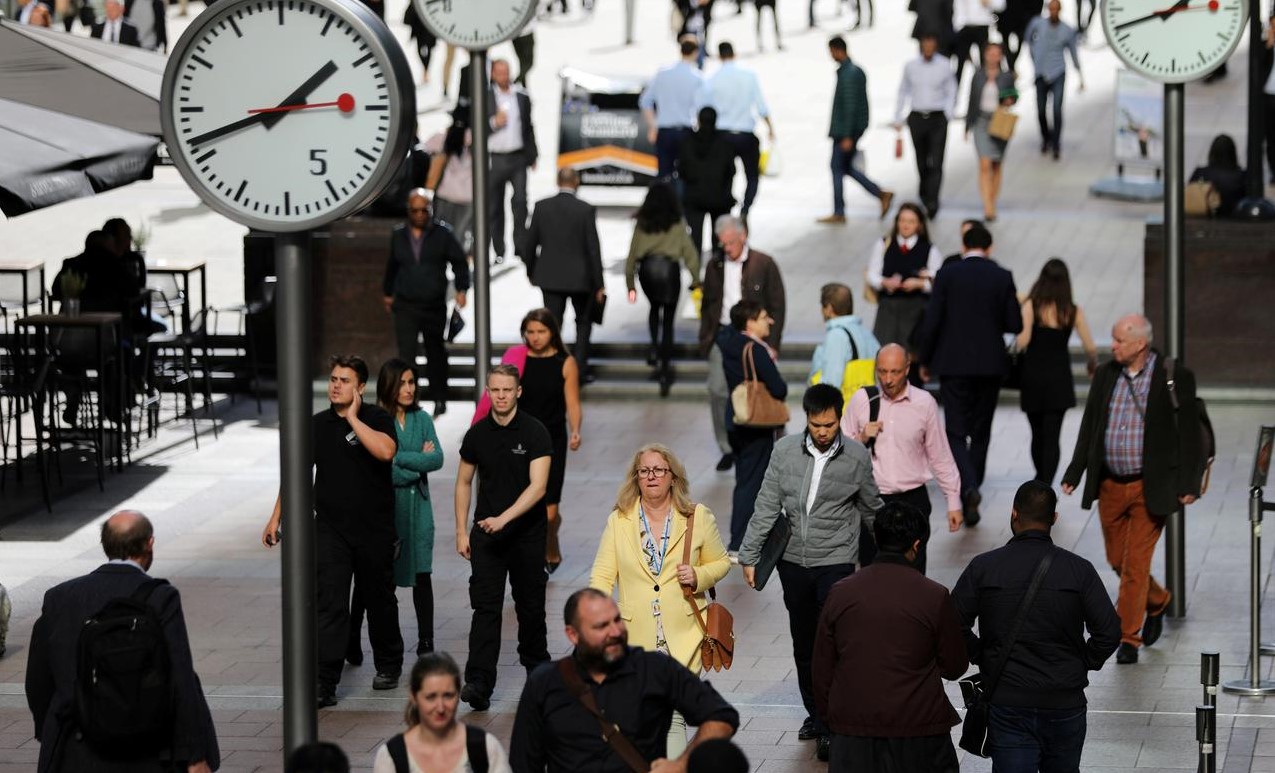As Cost Pressures Persist UK Inflation Rate Reaches 30-year High
LAHORE MIRROR (Monitoring Desk)– The UK inflation rate soared to a 30-year high in December as higher energy costs, resurgent demand and supply chain issues continued to drive up consumer prices.
Inflation hit an annual 5.4%, its highest since March 1992 and up from 5.1% in November, itself a decade high. Economists polled by Reuters had expected an increase of 5.2%.
The surging cost of living is raising expectations that the Bank of England will look to hike interest rates again. In December, the BOE became the first major central bank to begin lifting borrowing costs from their pandemic-era lows.
Markets will be closely watching the Monetary Policy Committee’s next meeting on Feb. 3, with policymakers considering another rate increase following the 15-basis-point hike to 0.25% in December.
The Bank is also operating against the backdrop of a remarkably tight labor market, with vacancies tracking at a record high and employment remaining below its pre-pandemic level.
Paul Craig, portfolio manager at Quilter Investors, said December’s print vindicated the Bank of England’s decision to hike rates, but February’s meeting could still go either way.
“It’s not just the cost of living that is increasing, so is the cost of going to work, and wage increases may not be enough to cover the cost of returning to normality.”
The Office for National Statistics also published figures on Tuesday which showed annual wage growth at 3.8% in December, indicating that workers are facing a real-terms pay decline, and Craig suggested there is now a “very real concern” that in-work poverty is growing.
The Consumer Prices Index including owner occupiers’ housing costs (CPIH), rose by 4.8% in the 12 months to December, the ONS said, up from 4.6% in November and the highest since September 2008. The largest contributions came from housing and household services and transport.
Ambrose Crofton, global market strategist at JPMorgan Asset Management, said the upside surprises to both the headline and core inflation readings would further the Bank of England’s discomfort with its current policy stance.
“There is no doubt that prices are being boosted by factors that should moderate in time, including surging energy costs and supply chain problems,” Crofton said.
“But in the near term, consumers are still going to feel the pinch as price increases may get worse before they get better — particularly with the energy price cap set to increase by about 50% in April.”
He suggested that wage gains will “ease the pinch” from rising prices but could end up fueling a period of sustained above-target inflation.
SOURCE: CNBC

